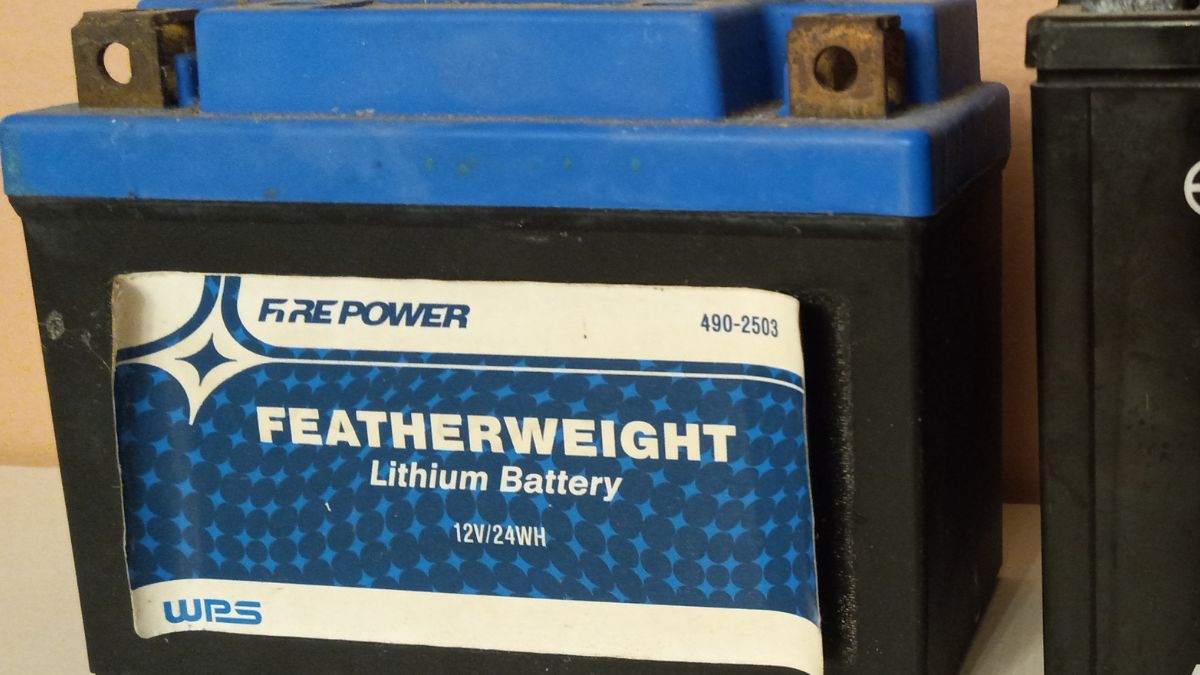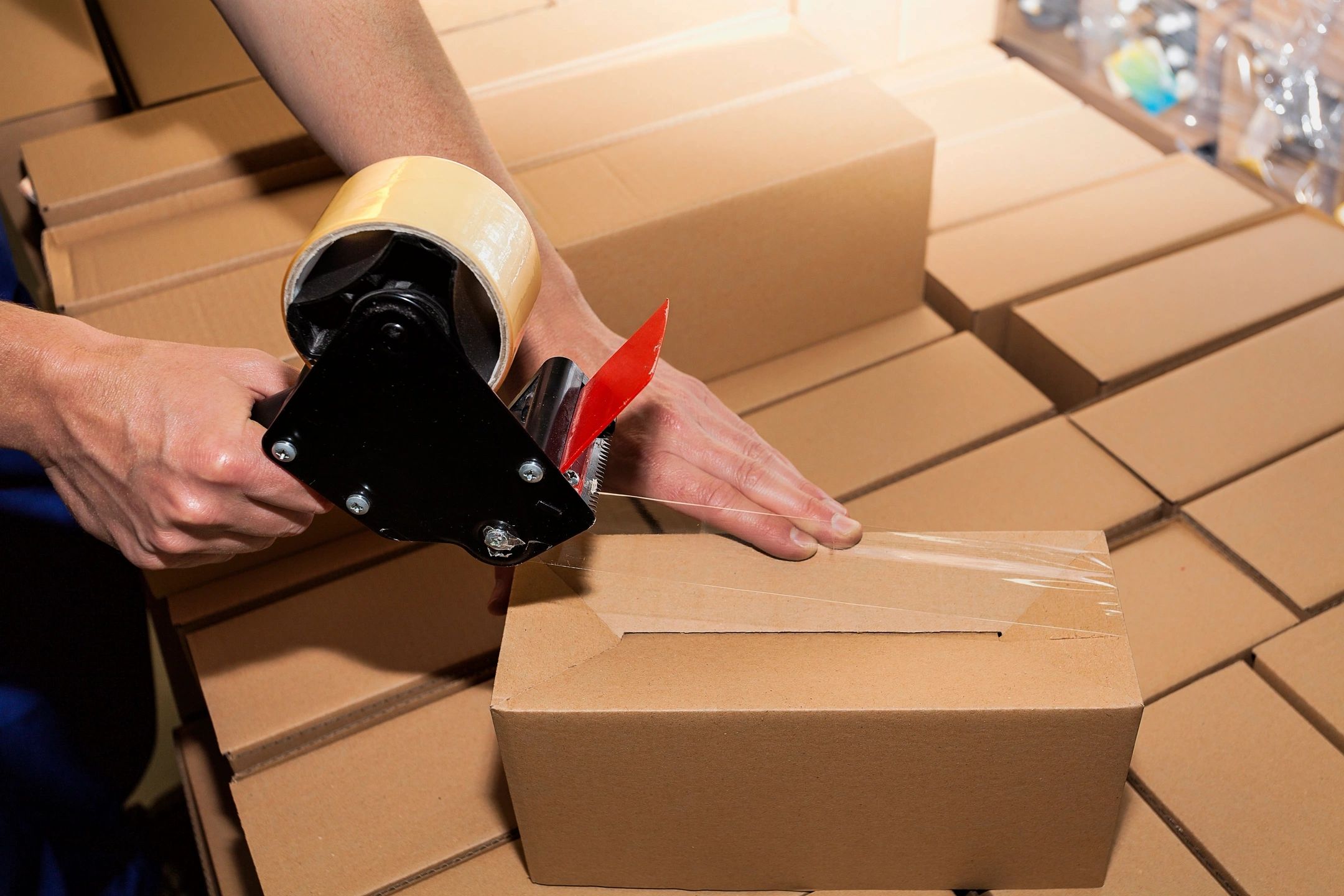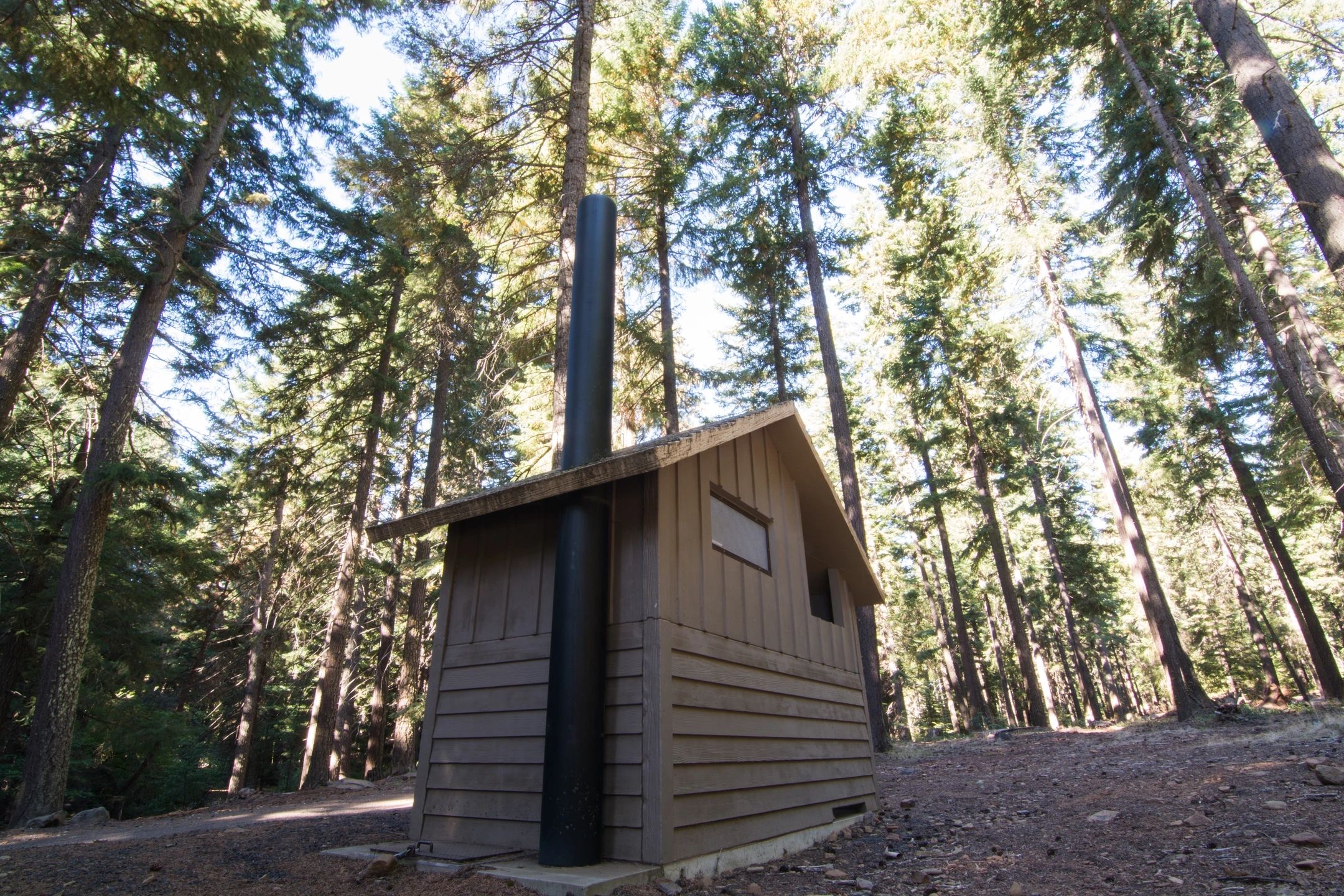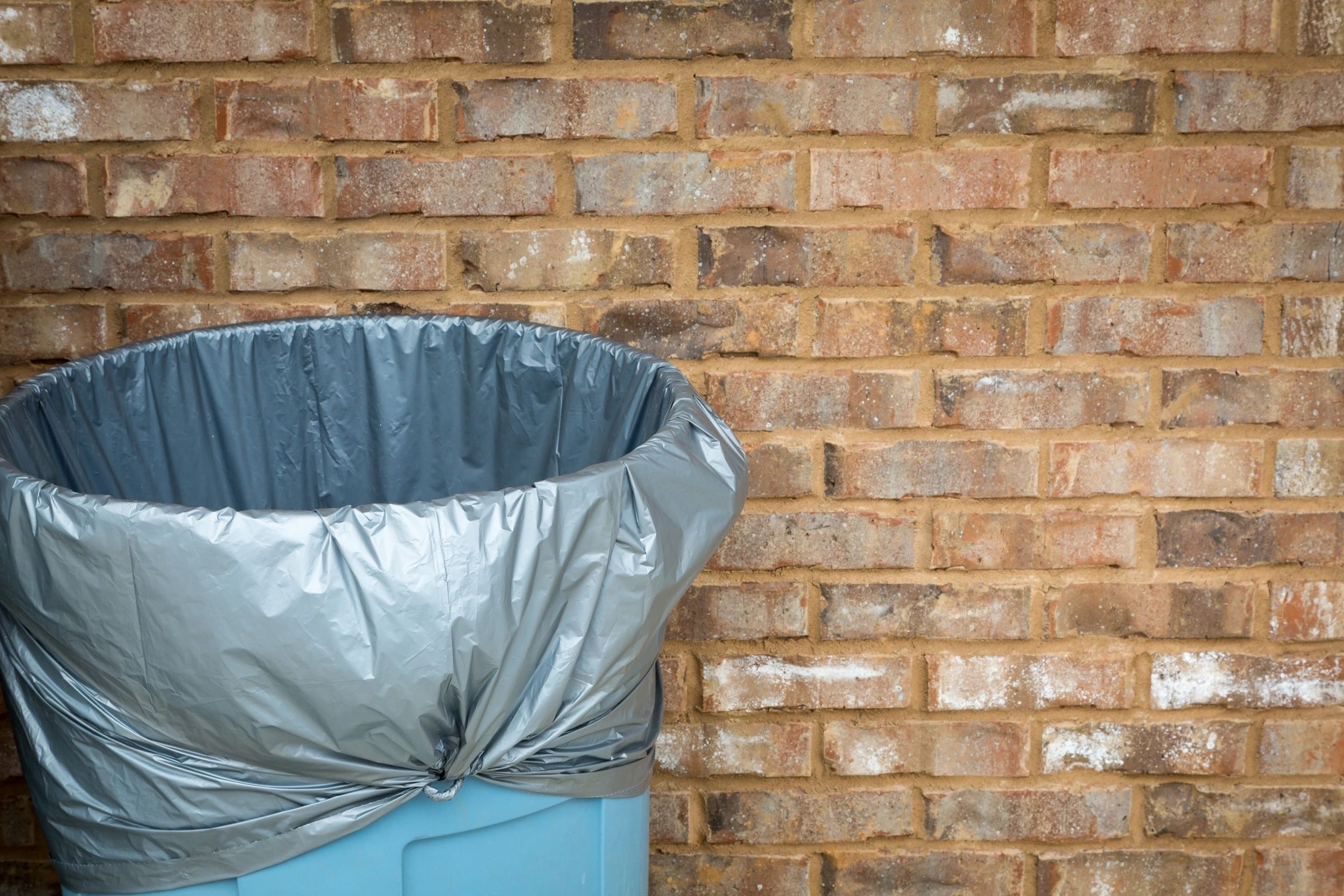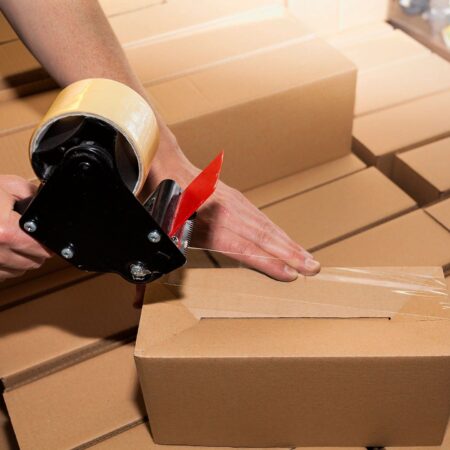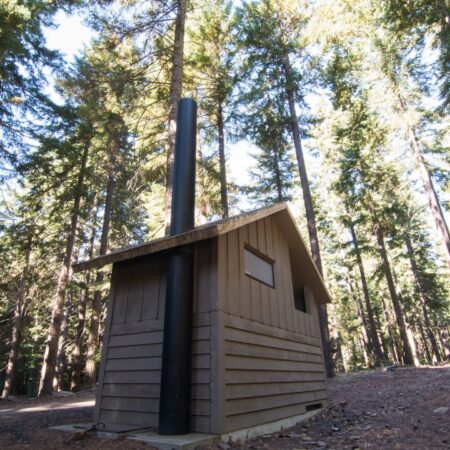Lithium batteries have become commonplace in small electronics, solar power, e-bikes, cars, golf carts, and hundreds of other modern household gadgets. However, when these electronics reach the end of their life, lithium battery recycling can be challenging.
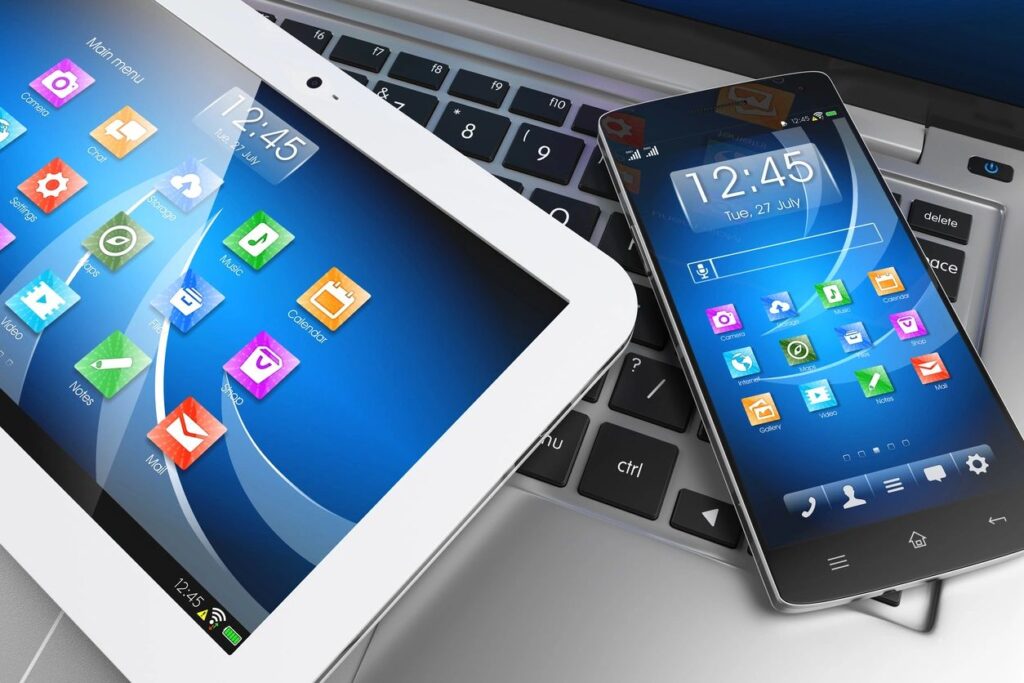
If you’re wondering how to recycle lithium batteries, options for proper disposal will vary depending on the type of product and the area that you live in. Let’s take a closer look at what lithium batteries are all about, some of the problems associated with them, and how we can properly recycle them.
An Introduction to Lithium Battery Recycling
What Are Lithium Batteries and Are They Rechargeable?
Lithium batteries and lithium ion batteries are made from critical raw materials such as cobalt, graphite and lithium. Lithium batteries refers to a primary cell type of battery, which cannot be recharged. These types of batteries are often found in small portable electronics as an alternative to alkaline batteries because they’re longer-lasting, whereas lithium-ion batteries are secondary cell batteries and are rechargeable.
When we think of cell phones, tablets, solar power storage, watches, e-bikes, and other gadgets, these are all powered by lithium ion-batteries. For those considering installing DIY solar power, lithium ion batteries can have a very high voltage and ability to hold more charge storage per unit than gel or lead acid.
There are a number of different types of lithium-ion cells, depending on electrode materials, but the most common are lithium cobalt oxide and lithium graphite.
How Do Lithium-Ion Batteries Work?
The Department of Energy (DOE) is a great entry-level resource for learning about how lithium-ion batteries work, but in a nutshell, they function by moving lithium ions between electrodes (which consist of a lithium salt on a solvent). The ions travel between the anodes which are negative and made of graphite, and the cathodes, which are positive and made from lithium metal oxide.
When the battery is being charged, a current flows from the charger to the cathode, lithium ions are released from the lithium metal oxide and travel to the anode, where it combines with the graphite (carbon electrodes) to form lithiated carbon. On the flipside, when the battery is being discharged to power an electronic device, the lithium ions flow from the anode to the cathode where they combine to form lithium metal oxide.
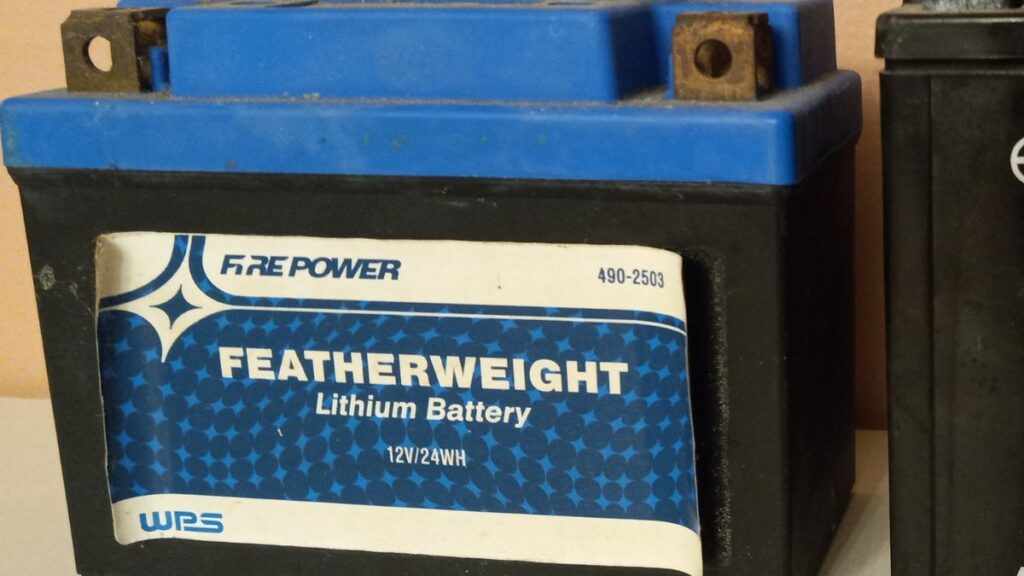
Lithium Mining Environmental Impact
Although lithium batteries are used to power EVs, solar storage, e-bikes, and other new “sustainable” technologies, it comes at a cost. Lithium is found in igneous rocks – particularly in salt flats – and must be mined from the Earth, causing detrimental environmental effects. According to the Columbia Climate School, Australia, China, and Chile make up 90 percent of the world’s lithium mining.
Lithium mining uses tremendous amounts of water, causes mineral waste, and can increase CO2 emissions. Extracting one ton of lithium uses 500,000 liters of water, potentially poisoning reservoirs and limiting the water supply of small communities. Disposal of lithium products poses a challenge of its own.
Are Lithium Batteries Recyclable?
The EPA has specific guidance as to the disposal of lithium ion batteries, because these batteries can pose a fire hazard, and should not be placed in the trash or curbside recycling bins. Available options for lithium battery recycling will vary widely depending on where you live, what the item is, or where you bought it. Small lithium ion batteries may be accepted for recycling at your local Home Depot.
For lithium batteries in electronics, first check with the manufacturer to see if take-back services are available. Some electronics stores, like Best Buy, offer recycling options for certain electronic types.
You can also check with your local government for disposal options of hard-to-recycle items that can’t be picked up curbside. Often, they may have scheduled days each month for recycling all types of batteries. Additionally, Battery Recyclers of America offer pick-up services nationwide.
Some other options to find a way to recycle lithium batteries include e-stewards or Recycle Nation. For recycling lithium e-bike batteries, Call2Recycle is a great option to search accepted battery brands.
More Information on Lithium Battery Recycling
If you’re interested in learning more about lithium battery recycling, the EPA has a helpful FAQ sheet, or you can check with your state and local waste management resources.
 Is Bubble Wrap Recyclable?
Is Bubble Wrap Recyclable? 


